
Mao Dun Literature Prize Winners Cover a Wide Range of Topics
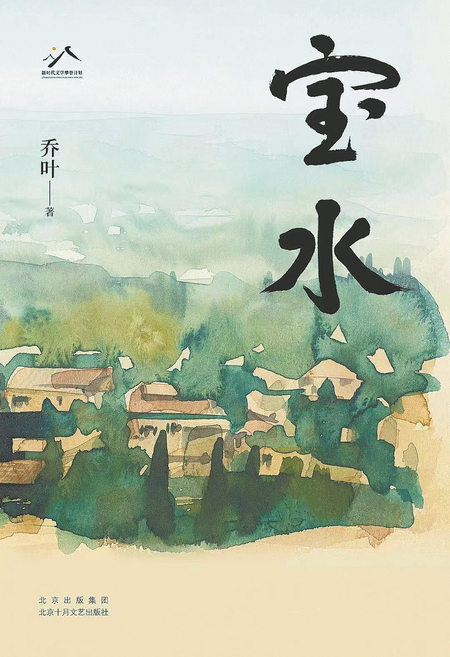
This year's winner of the Mao Dun Literature Prize: Baoshui Village. CHINA DAILY
The award committee of the Mao Dun Literature Prize, one of the country's most prestigious literary accolades, announced this year's five full-length winners on Friday.
Among them, Baoshui Village by Qiao Ye eyes rural vitalization, while Xue Shan Da Di (The Snow Mountain and the Homeland) by Yang Zhijun and Liu Liangcheng's Ben Ba feature ethnic lives on the grassland.
Liu's work borrows its backdrop from the ethnic Mongolian heroic epic Jangar, which dates back to the 13th century.
By reconstructing time and dreams, it reveals the hardships and cruelty of nomadic life through children's games and touches the timeless theme of the struggle because of limited living resources and the consciousness of existential crisis, says Guan Xiaorong, editor of the novel that was published by Yilin Press in 2022.
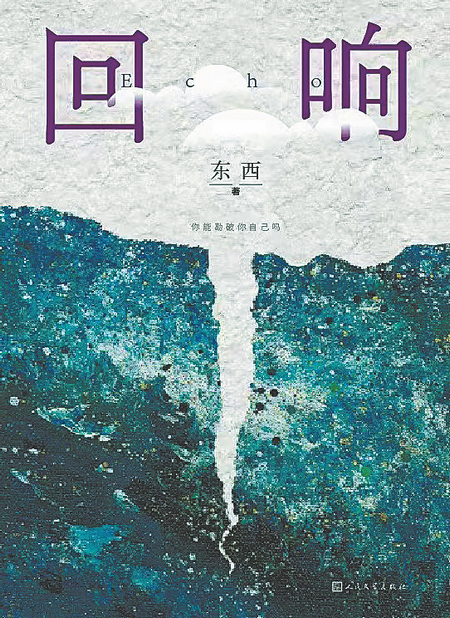
Resonance,this year's winner of the Mao Dun Literature Prize. CHINA DAILY
Liu's work resets time to where the epic story ends and restarts from where the imagination of its ancient authors paused, Guan says.
She adds that it highlights the power of innocence that drives the dreamland characters to fight for their tribes in the real world despite the fact it might end up in vain.
Liu grew up and lives in Northwest China's Xinjiang Uygur autonomous region. Many of his previous works, such as prose collections A Village of One and In Xinjiang, are rooted in the land that nourishes him and bear his reflections on humanity, language, the relationship between humans and nature, as well as the impact of modernity.
According to Guan, the novel has attracted a surge in attention since the announcement of the prize and 100,000 more copies are in print.
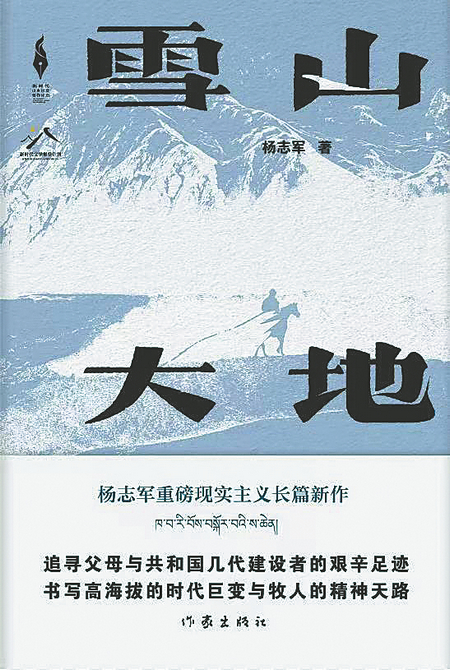
The Snow Mountain and the Homeland , this year's winner of the Mao Dun Literature Prize. CHINA DAILY
A Panorama of Rivers and Mountains by Sun Ganlu tells about the revolutionary spirit of the underground members of the Communist Party of China in Shanghai in the 1930s, and detective novel Hui Xiang (Resonance) by Dong Xi touches on the individual's inner struggle between trust and doubt.
The Mao Dun Literature Prize, awarded every four years, has been given to 48 full-length books since its founding in 1981, including those by household names like Mo Yan, Liu Zhenyun and Liang Xiaosheng.
The prize is named after one of the most influential modern Chinese authors Mao Dun (1896-1981), known for the novel Zi Ye (Midnight) and the short story Chun Can (Spring Silkworms).
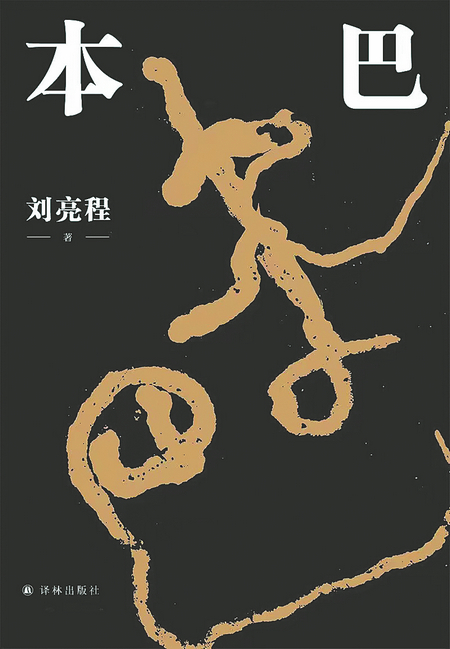
Ben Ba, this year's winner of the Mao Dun Literature Prize. CHINA DAILY
It has contributed to promoting novel writing, recognizing contemporary literary classics and embodying the literary achievements of the times, according to Zhang Hongsen, Party secretary of the China Writers Association and head of the award jury.
This year's 238 candidate books were published on the Chinese mainland from 2019 to 2022.
Zhang says that jury members have carefully considered and studied the ideological and artistic trends of Chinese novels over the past four years, and in the selection process emphasized whether the entries have profoundly presented changes to the times, people's lives and minds.
According to the association, the award ceremony will be held in mid-November in Tongxiang, East China's Zhejiang province, the hometown of Mao Dun.
fangaiqing@chinadaily.com.cn
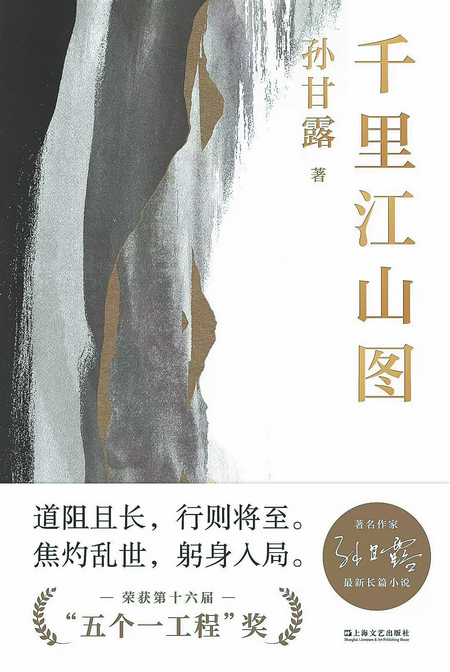
A Panorama of Rivers and Mountains, this year's winner of the Mao Dun Literature Prize. CHINA DAILY